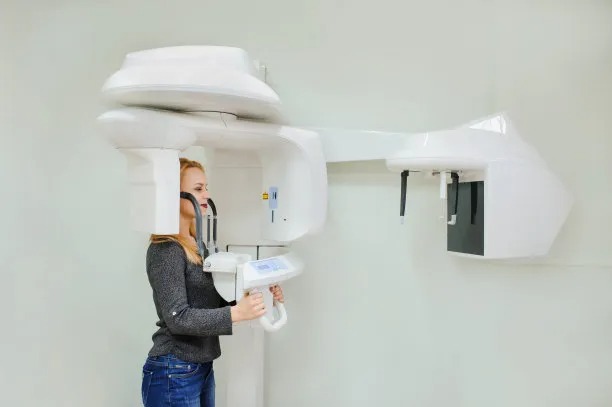Exploring the Benefits and Breakthroughs of Dental Implants for Restoring Smiles and Improving Oral Health
Summary: Dental implants have revolutionized oral health by providing a long-lasting solution for missing teeth. This article explores the significant benefits and breakthroughs of dental implants, examining how they restore smiles, improve oral health, and enhance quality of life. We will delve into their functionality, aesthetic advantages, advancements in technology, and the long-term impact on overall well-being. Understanding these aspects not only highlights the importance of dental implants but also encourages individuals to consider them as a viable option for tooth replacement.
1. Functionality and Durability of Dental Implants

One of the greatest advantages of dental implants is their functionality. Unlike dentures, which can slip or make chewing difficult, dental implants are securely anchored into the jawbone, providing a stable base for artificial teeth. This stability allows individuals to eat a variety of foods without worry, thus restoring their ability to enjoy meals and improving nutritional intake.
In addition to improving chewing efficiency, dental implants function like natural teeth. They allow for a full range of motion, which is essential for speaking and smiling confidently. Patients who choose dental implants often report feeling more at ease in social situations, reducing anxiety connected to tooth loss.
The durability of dental implants is a significant benefit as well. With proper care, implants can last a lifetime, making them a cost-effective solution over time. Patients no longer need to replace their tooth systems frequently, minimizing the long-term financial investment associated with oral health.
2. Aesthetic Benefits of Dental Implants
Aesthetic advantages significantly contribute to the appeal of dental implants. Modern implants are designed to mimic the appearance of natural teeth closely, ensuring that individuals can achieve an authentic and youthful smile. Their lifelike nature helps to restore confidence, enhancing self-esteem for those with missing teeth.
Furthermore, dental implants can help maintain facial structure. When teeth are lost, the jawbone can deteriorate, leading to a sunken appearance in the facial contours. Implants stimulate the jawbone just like natural teeth do, thereby preserving its density and shape. This preservation results in a fuller face, which contributes to a more youthful appearance.
The color, shape, and size of implants can also be customized to meet the patients preferences. Thus, dental implants offer patients the opportunity to create their ideal smile, allowing for personalization that traditional options cannot provide.
3. Technological Advancements in Implant Dentistry
Advancements in technology have dramatically improved the field of implant dentistry. Modern imaging techniques, such as 3D scans, allow for precise planning and placement of implants. This precision reduces the risk of complications and increases the likelihood of successful outcomes.
Additionally, innovations like computer-guided surgery enhance the efficiency of implant placement. With this technology, dentists can utilize computational models to predict the best positions for dental implants, further ensuring accuracy and a successful outcome.
Moreover, the development of biocompatible materials has led to implants that integrate seamlessly with the jawbone, promoting a strong bond. These advancements in materials science improve the longevity of implants, making them even more reliable over time.
4. Long-term Health Implications of Dental Implants
The long-term health benefits of dental implants extend beyond aesthetics and functionality. By restoring full chewing capacity, implants contribute to better overall nutrition, as individuals can consume a well-rounded diet that includes fibrous foods.
Additionally, dental implants help maintain oral health by preventing neighboring teeth from shifting out of place. When a tooth is lost, surrounding teeth can drift into the empty space, leading to misalignment and further dental issues.
Lastly, the psychological impact of dental implants plays a crucial role in long-term well-being. Patients often experience better mental health due to the confidence gained from restored smiles. Improved self-esteem positively influences social interactions and overall quality of life, highlighting the importance of considering dental implants as a valuable option for those with missing teeth.
Summary:
The exploration of dental implants reveals their extensive benefits, ranging from functionality and aesthetics to technological breakthroughs and long-term health advantages. These implants not only restore smiles but also enhance the quality of life for many individuals. Their ability to integrate with the body and provide a durable, stable solution makes them an invaluable option for tooth replacement.
This article is compiled by Vickong Dental and the content is for reference only


